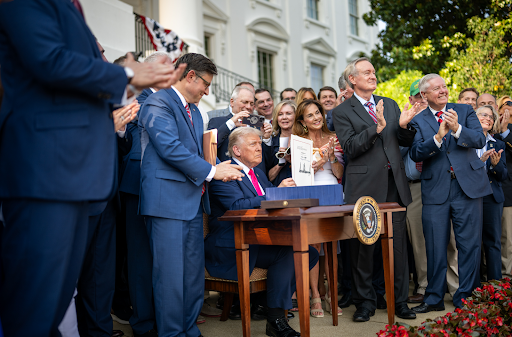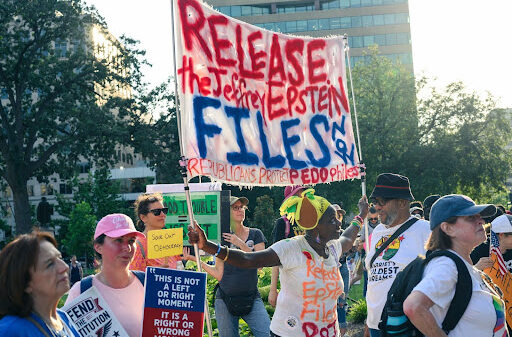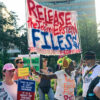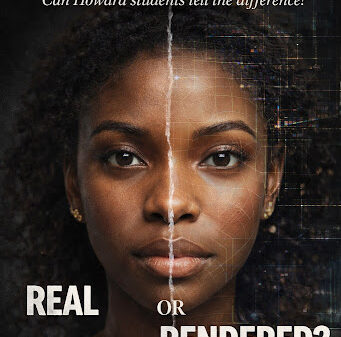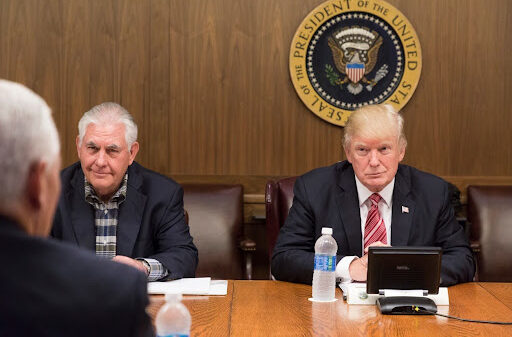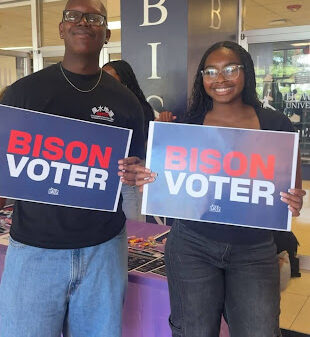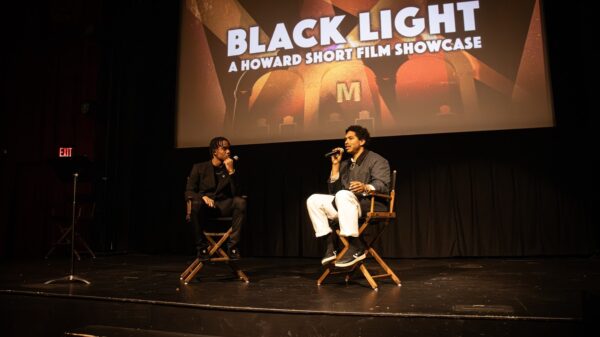Several protests have erupted across the nation following the release of a four-part video series of Tyre Nichol’s fatal encounter with Memphis police officers triggering anger and discomfort in many Black viewers.
Exposure to the grotesque video can cause triggers in the mental health of Black communities. Research conducted in 2021 found that the emotional toll of watching the videos, similar to George Floyd’s death, can result in an overwhelming feeling of anger and sadness.
“The culture of policing can be problematic. It is a culture of control, power, and dominance. Some police officers do not believe they should be questioned; they perceive questions as challenging their authority,” Dr. Anjerrika Bean, the Assistant Director for The Center for Women, Gender and Global Leadership, explained.
“White supremacy is not only a white person’s problem. Unfortunately, some Black people view some individuals from the Black community as deviant. We learned these oppressive thoughts and behaviors from our oppressors,” she continued.
A father, skateboarder and the youngest of four siblings, Nichols’ funeral service was held on Feb. 1, and his family was joined by community members and high-profile individuals such as Vice President Kamala Harris and Rev. Al Sharpton, who delivered the eulogy.
“My son was a beautiful person and for this to happen to him it is just unimaginable,” RowVaughn Davis, Nichols’ mother, said as she addressed the crowd in tears.
Tadarrius Bean, Demetrius Haley, Desmond Mills Jr., Emmitt Martin III and Justin Smith were the five officers fired and charged with second-degree murder, aggravated assault, aggravated kidnapping, official misconduct, and official oppression. Additionally, Preston Hemphill and another unnamed officer were relieved of duty. Emergency medical technicians, Robert Long and JaMichael Sandridge, and their lieutenant, Michelle Whitaker, have also been fired for their roles in Nicholas’ death.
“There are no total fail-safes to prevent police misconduct. To do so would completely reform the power inequities caused by policing culture. In the spirit of doing all that we can, a good start would be to end qualified immunity,” Sonia Pruitt, an adjunct professor of criminal justice at Howard, said.
“Qualified immunity is a judicial doctrine that allows police officers to be held personally liable as a result of civil lawsuits filed against them for misconduct,” she continued.
Though this may seem like accountability for some, Nama Taha, an international affairs major at Howard, believes there needs to be more work done in the hiring process to ensure equity.
“I believe that becoming a police officer should not be so easily accessible to anyone who desires that career choice, there should be an extensive course in sociology, human rights, and race relations beforehand. This way we can ensure that the people who desire this career choice are the best fit for it,” Taha said.
All five police officers charged have now posted bail while the investigation is ongoing. Nichols’s family and Harris are urging Congress to pass the George Floyd Justice Policing Act to promote police reform.
Copy edited by Alana Matthew



